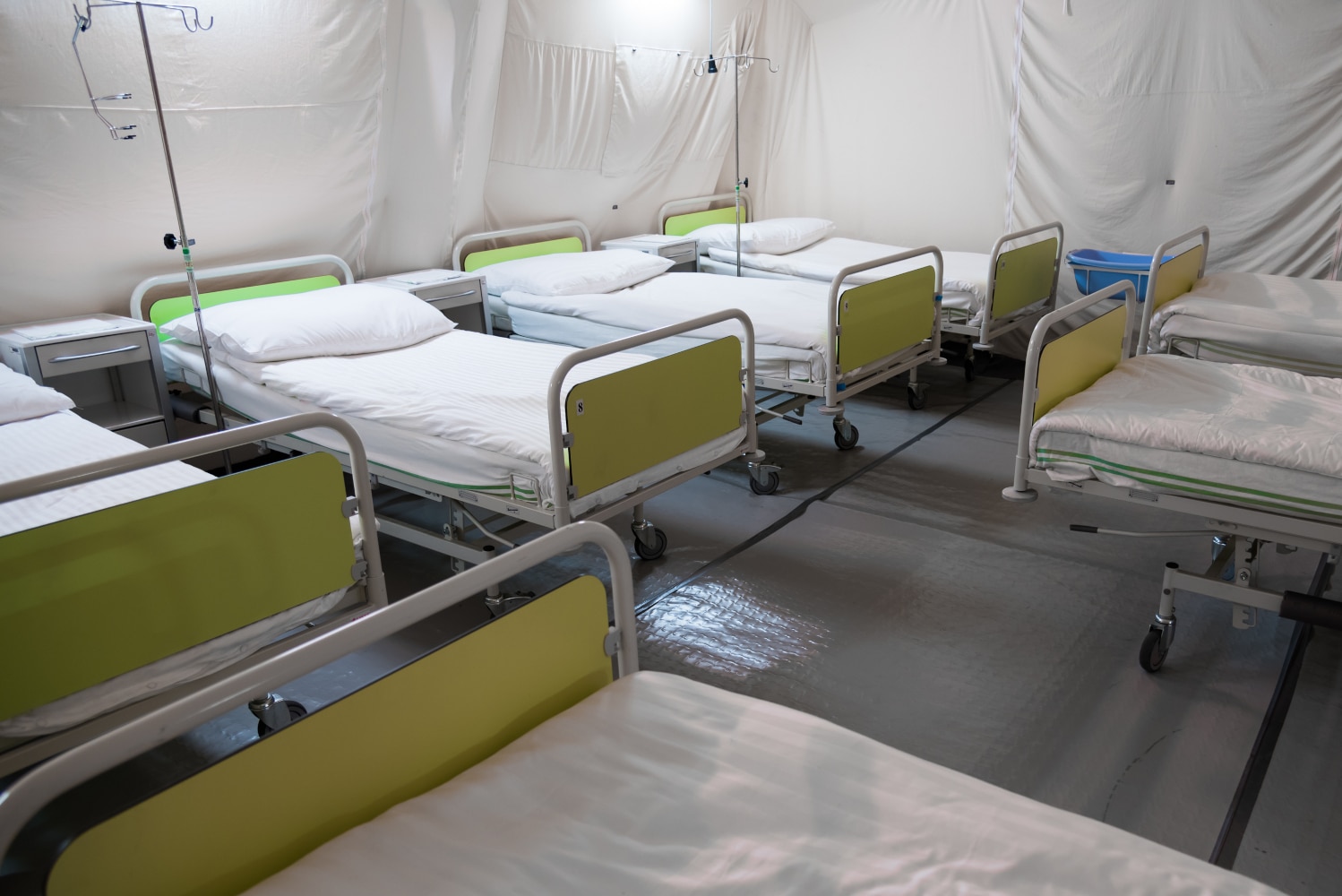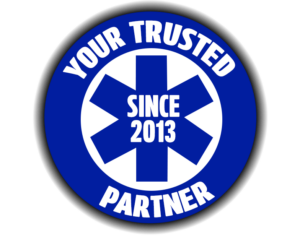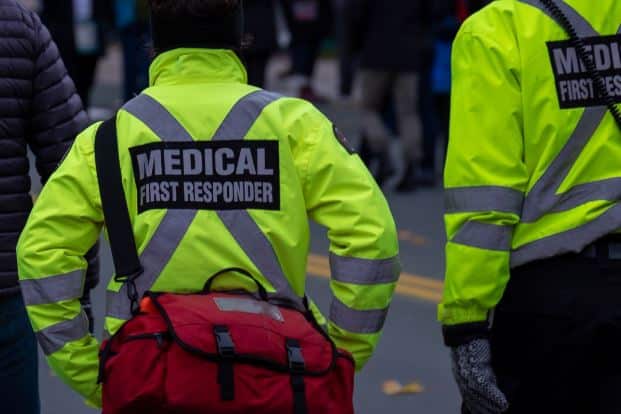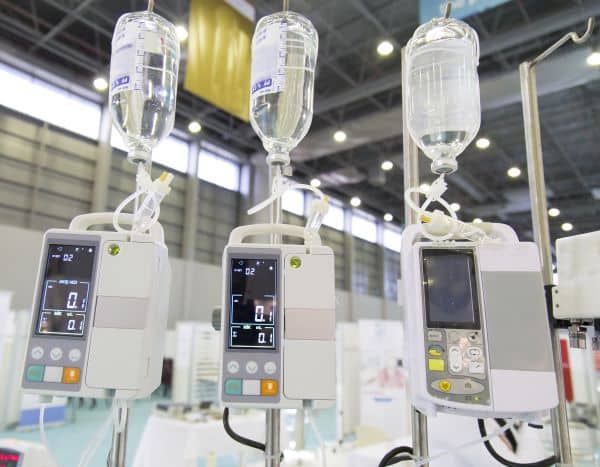
Mitigating the Impact of Mass Casualty Events on Healthcare Providers
Mass casualty events, such as natural disasters, terrorist attacks, pandemics, or large-scale accidents, can have a profound impact on healthcare providers. From increased workload, emotional and psychological stress, and ethical dilemmas to resource strain and safety concerns, it’s essential to stay prepared and organized in the event of a mass casualty incident.
The best way to mitigate the impact of such events is to create and implement a comprehensive mass casualty mitigation plan. The plan should include:
Preparedness and Training
All healthcare providers should receive comprehensive training in disaster preparedness and response. This includes education on triage protocols, effective communication during emergencies, and managing stress and emotional well-being. Regular drills and exercises can help providers familiarize themselves with the necessary procedures, processes, and protocols.
Resource Management and Allocation
Adequate allocation of resources is essential to support healthcare providers during mass casualty events. This includes ensuring an adequate supply of medical and EMS equipment, pharmaceuticals, personal protective equipment (PPE), and other necessary supplies. Additionally, having surge capacity plans in place can help hospitals and healthcare facilities accommodate a sudden influx of patients.
Staffing and Surge Capacity
Hospitals should also have well-thought-out plans to quickly scale up their workforce during mass casualty events. This can involve mobilizing additional healthcare personnel from nearby facilities or utilizing volunteers. Clear protocols should be established for rapidly assessing and assigning roles to available staff members, in order to ensure the most efficient usage of personnel.
Psychological Support
During a mass casualty event, most healthcare providers will experience high levels of stress and psychological distress. Providing access to counseling services, peer support groups, debriefing sessions, and other forms of psychological support can go a long way in helping them cope with such traumatic experiences. Additionally, healthcare organizations should encourage providers to seek support when they need it to ensure they remain resilient and are able to continue providing quality care.
Communication and Information Sharing
Effective communication is vital during mass casualty events. Clear lines of communication should be established among healthcare providers, emergency response teams, and relevant authorities. Regular updates should be provided to keep providers informed about the situation, resources, and any protocol changes.
Post-Event Analysis and Learning
Conducting thorough post-event analyses helps identify areas for improvement in emergency response protocols. Lessons learned should be documented and incorporated into future training and preparedness plans. This continuous learning process enhances the overall resilience and effectiveness of healthcare providers in future mass casualty events.
Bottom Line
Mitigating the impact of mass casualty events on healthcare providers requires a combination of preparedness, resources, support services, and effective communication. By implementing these strategies, healthcare systems can better protect their providers and enhance their ability to respond to and recover from such events.
Get the Best Biomedical Equipment for your Medical Facility.
The right biomedical equipment is a critical component of any healthcare facility. At Coast Biomedical Equipment, we provide the highest quality biomedical equipment from trusted brands, allowing you to focus on providing quality care without worrying about the reliability of your medical devices. Contact us today to learn more about our products and how we can help you get the most out of your medical facility.





